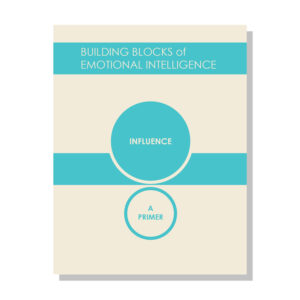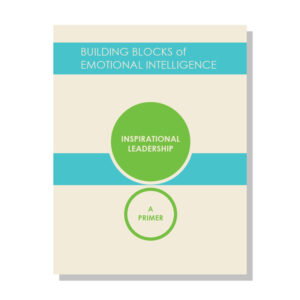

Tired of Counting Breaths? Try Open Awareness
August 13, 2019 Time to read: 3 min.Our personal agency—that over which we have direct control—comes into play when we change our relationship to our thoughts and our emotions. This allows us to fine-tune our reactions to our own emotions as well as those of others. Developing the capacity to relate differently to our internal experience first requires we become cognizant of our mental phenomena (i.e. our thoughts and emotions) as they unfold in the moment. Once we hone our awareness, we can begin to react to our emotions in a more productive way.
Learning to notice our own patterns of thought and emotion can be difficult, but thankfully it’s not impossible. That is where meditation or mind training comes in. The word for meditation in Tibetan, gom, literally means “getting used to” or “familiarizing oneself with.” Getting used to what? Familiarizing ourselves with our own minds and how our thoughts and emotions unfold within our experience.
There are many ways to train the mind through meditation. One way that I’ve found helpful for familiarizing myself with my own patterns of thought and emotions is to sit up in a comfortable, yet upright position in which my spine is straight. Instead of closing my eyes, I often leave mine open. I prefer this because it better prepares me to be able to employ these practices in day-to-day circumstances. I’m not closing myself off to sensory input, rather I’m training in circumstances that more closely resemble our waking reality.
Instead of focusing on an object, I let my mind settle into its natural, wakeful quality, allowing myself to become aware of awareness itself–sometimes referred to as meta-cognition. I gently notice my mind’s capacity to be awake, clear, and spacious; I don’t intently focus on this or that. I just allow my mind to rest in a natural state of openness. I don’t have to imagine or conjure up anything in my mind’s eye, nor do I get involved with what is taking place visually in front of me or what I may hear happening around me, or even with what is unfolding within my own experience (i.e. my thoughts and emotions).
When I do get distracted by sensory inputs, by a thought or an emotion, or any movement of mind whatsoever, I gently notice this with an attitude of openness, like the experience of passing through beautiful scenery while on a train ride. We see the beautiful scenery, if only for a brief moment, and then it’s gone. Instead of getting caught up with the thought or the emotion, I let it pass. Like waiting on a platform for the subway, we may notice the trains as they come and go, but we let them pass, knowing, “this isn’t my train to catch,” and so we don’t get on.
You can also imagine your thoughts and emotions as clouds moving through the sky. Clouds don’t make a big deal about themselves. They just come and go rather unceremoniously. They might produce rain or lightning or thunder and then they are on their merry way.
By the time you notice you’ve been distracted, you’re already back, meaning your awareness is already poised and ready to perceive whatever unfolds next within the space of your awareness and perception. It’s like riding a well-trained horse, you don’t have to yank at the reins, you lean and the horse senses what you want it to do by the shift in your body’s weight. Our minds are like this, gentle touches are all that is needed. If you start trying to yank around your mind, scolding it each time it moves, be prepared to watch it act out.
Other times our awareness can take on the quality of a cat lying in wait, tail switching back and forth, ready to pounce on whatever comes into its path. When we notice that our awareness is lying in wait for the next thought or emotion to appear we give that up too, letting go of any urges we might feel to become expert noticers. Instead, try taking a deep breath, one that’s slightly deeper than usual. Let this be a gentle reminder to let your mind relax. Then, as you breathe out, release the urge for any mental doing. Your only job at this moment is to be aware, allowing the mind to settle into its natural capacity to be clear. For that instant, the mind clears right up and isn’t preoccupied with anything.
The bright and fresh quality of mind is similar to the experience of taking in a breath of crisp, cold air when you first step outside on a cold winter’s day or how the mind feels after a brisk run when we collapse on the couch when we get home.
I find, for myself, having something that isn’t tangible, yet can still be experienced–like the awake and aware quality of my mind left untampered–is more helpful than intently focusing upon an object, such as the breath. In the space of open awareness, I am able to change my relationship to my thoughts and emotions in the moment. It’s easier to let go when you’re not holding on so tightly to begin with.







